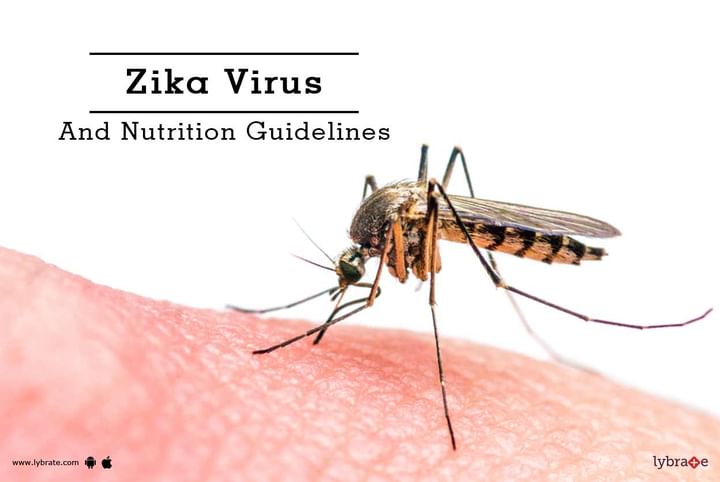Zika Virus And Nutrition Guidelines
The Zika virus has been hogging the international limelight for some time. The virus and its effects on the human body are unique. It is known to cause microcephaly in infants born to infected mothers. Babies with microcephaly have small heads and abnormal eyes. This is the most highlighted features of Zika virus infection. However, it may also have a profound effect on the infected mother, though on rare occasions. It may precipitate Guillain-Barré syndrome. When people suffer from this syndrome, they may suffer from temporary muscle weakness, paralysis or other neurologic problems. The virus is spread by the Aedes mosquito that usually bites during the day. However, unlike many other mosquito-borne diseases it does not yet have a cure. This is why people living in or traveling to the Zika virus affected areas as well as those infected by the virus need to abide by some guidelines enunciated by the WHO.
Nutritional Aspect in Zika Virus Infection
An important consideration in Zika virus infection is the nutritional status of the patient. The effect of nutritional disorder on Zika infection adds another dimension to the treatment of Zika affected children and adults. It is argued that proper nutrition is an important part of other mosquito-borne diseases like dengue. In fact, studies have pointed out that vitamins D and Vitamin E supplementation have shown promising results in Dengue patients. Although similar studies on Zika patients have not been done, it is amply clear that breastfeeding for infants and lots of fluid for infected adults can bring down the severity of the disease appreciably.
Normal Infant Feeding
Infants born to Zika infected mothers or mothers residing in or travelling to Zika infected areas should be given normal infant food. Breastfeeding is the obvious answer to infections and should start within an hour of birth. Such babies need to be exclusively breastfed for at least six months, followed by a gradual weaning of breast milk and a gradual introduction of safe, adequate and proper complementary food.
Breastfeeding is considered to be beneficial for both babies and their mothers in any country. Babies who breastfeed for longer periods face lower risk of infections. This is true for Zika infections as well. It is also beneficial for mothers since it can prevent breast cancer and improve contraception. It may also bring down the risk of ovarian cancer and diabetes in women. It is estimated that widespread breastfeeding can prevent the death of an estimated 823,000 children and that includes those affected by the Zika virus.
No Evidence of Zika Infection Through Breast Milk Yet
The safety potential of breastfeeding can be gauged from the fact that there are no reports of the Zika virus being transmitted through breast milk, although the presence of the virus has been confirmed in some lactating mothers. In fact, there are so many benefits of breastfeeding that they outweigh any potential risk of Zika virus infection and microcephaly through breast milk.



+1.svg)
